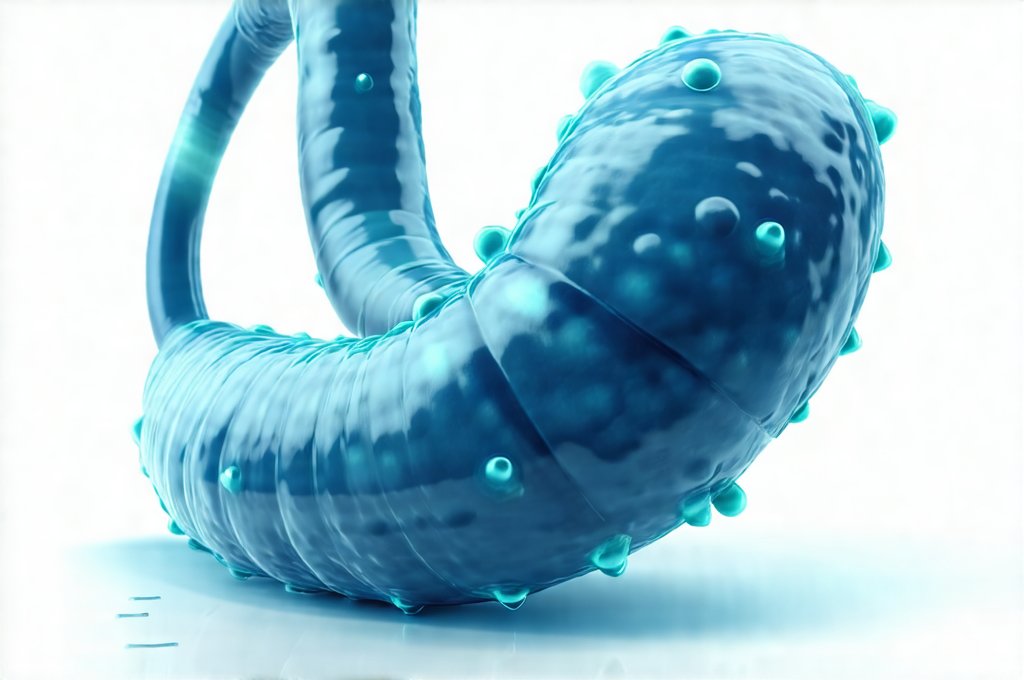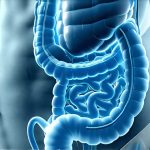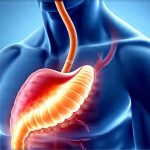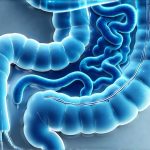Gas is a natural byproduct of digestion, and experiencing it occasionally is perfectly normal. However, excessive gas can be uncomfortable, embarrassing, and even disruptive to daily life. Often, the root cause isn’t necessarily what you’re eating, but how your body is processing it – namely, the efficiency (or lack thereof) of your digestive system. A sluggish digestive process creates an environment where food lingers longer, providing more opportunities for fermentation by gut bacteria, and ultimately leading to increased gas production. Understanding this interplay between digestion and gas accumulation can be a crucial step towards finding relief and improving overall gut health.
The human digestive system is a remarkably complex machine, relying on coordinated muscle contractions, enzymatic breakdown, and the intricate ecosystem of our gut microbiome. When this process becomes slowed or inefficient—due to factors like diet, stress, or underlying conditions—food isn’t broken down properly and moves through the digestive tract at a reduced pace. This extended transit time allows bacteria in the colon more time to ferment undigested carbohydrates, resulting in increased gas production as a natural consequence of their metabolic activity. The type of gas produced also varies depending on the bacterial species present and the specific food components being fermented.
Understanding Digestive Sluggishness
Digestive sluggishness isn’t always dramatic; it can manifest subtly. Symptoms beyond excessive gas include bloating, abdominal discomfort, changes in bowel habits (constipation or diarrhea), and a general feeling of fullness even after eating small amounts. It’s often a gradual process that develops over time, making it easy to dismiss initially. Several factors contribute to this slowing down of digestive processes. Diet plays a significant role; diets low in fiber can reduce stimulation for intestinal movement, while highly processed foods lack the nutrients needed for efficient digestion. Lifestyle factors like dehydration, lack of physical activity, and chronic stress also impact gut motility – the ability of the digestive system to contract and move food along.
The colon’s function is heavily reliant on a healthy microbiome. An imbalance in gut bacteria (dysbiosis) can further exacerbate sluggish digestion. When beneficial bacteria are diminished, harmful bacteria may proliferate, leading to increased fermentation and gas production. Furthermore, certain medical conditions – like irritable bowel syndrome (IBS), hypothyroidism, or even medication side effects—can significantly impact digestive function and contribute to a slower transit time. It’s important to recognize that addressing sluggish digestion often requires a holistic approach considering all these interconnected factors rather than focusing solely on eliminating specific foods. The impact of fast food on the esophagus can also contribute to digestive issues over time.
Finally, the sheer volume of food consumed at one sitting can overwhelm the digestive system’s capacity, leading to incomplete breakdown and increased fermentation. Eating quickly without properly chewing also contributes as it reduces the surface area available for initial enzymatic action in the mouth – a crucial first step in digestion. This places a greater burden on later stages of the digestive process, increasing the likelihood of undigested food reaching the colon. Understanding the impact of fast eating is crucial for improving digestion.
Dietary Strategies to Promote Digestion
Dietary modifications are often the first line of defense against excessive gas and sluggish digestion. Increasing fiber intake is paramount, but it must be done gradually to avoid exacerbating symptoms initially. Soluble fiber found in foods like oats, apples, and beans absorbs water, softening stool and promoting regularity, while insoluble fiber adds bulk, stimulating intestinal movement. However, rapidly increasing fiber without adequate hydration can actually worsen constipation.
- Aim for a diverse range of fruits, vegetables, and whole grains.
- Incorporate fermented foods like yogurt, kefir, sauerkraut, or kimchi to support a healthy gut microbiome.
- Limit processed foods, sugary drinks, and excessive amounts of fat, as these can slow down digestion.
- Consider identifying potential food intolerances – though this is best done under the guidance of a healthcare professional. Common culprits include lactose, gluten, and fructose.
Beyond what you eat, how you eat matters too. Practicing mindful eating – slowing down, chewing thoroughly, and savoring each bite—can significantly improve digestion. This allows for better enzymatic action in the mouth and reduces the workload on subsequent stages of the digestive process. Drinking sufficient water throughout the day is also vital for keeping stool soft and promoting efficient transit time. A helpful strategy is to drink a glass of water 30 minutes before meals, which can aid digestion. Diet plays an important role; understanding the impact of alcohol and caffeine on digestion is also key.
The Role of Physical Activity
Physical activity plays a surprisingly significant role in gut health and digestion. Regular exercise helps stimulate intestinal contractions – the rhythmic movements that propel food through the digestive tract. This increased motility reduces transit time and minimizes opportunities for fermentation. Even moderate-intensity activities like walking, jogging, swimming, or cycling can have a positive impact.
The benefits extend beyond simply speeding up digestion; exercise also helps reduce stress levels, which are known to negatively affect gut function. Chronic stress can disrupt the balance of the gut microbiome and impair digestive processes. Exercise releases endorphins, natural mood boosters that counteract the effects of stress and promote overall well-being. It is important to choose an activity you enjoy so it feels sustainable in the long run. Even tight jeans can contribute to digestive pressure.
Stress Management Techniques for Gut Health
The connection between the brain and the gut—often referred to as the “gut-brain axis”—is a powerful one. Stress directly impacts digestive function, often leading to slower motility, altered gut permeability, and changes in the microbiome. Chronic stress can contribute significantly to sluggish digestion and increased gas production. Implementing effective stress management techniques is therefore crucial for improving gut health.
- Mindfulness and Meditation: Practicing mindfulness or meditation helps calm the nervous system and reduce cortisol levels (the “stress hormone”).
- Deep Breathing Exercises: Simple deep breathing exercises can quickly lower stress levels and promote relaxation. Diaphragmatic breathing, in particular, stimulates the vagus nerve, which plays a key role in regulating digestive function.
- Yoga or Tai Chi: These practices combine physical postures with mindful breathing, promoting both physical and mental well-being.
- Adequate Sleep: Aim for 7-9 hours of quality sleep per night, as sleep deprivation exacerbates stress levels and disrupts gut health.
It’s important to find what works best for you and incorporate these techniques into your daily routine. Even small changes—like taking a few minutes each day for deep breathing or practicing gratitude—can make a significant difference in managing stress and improving digestive function. Remember that prioritizing mental well-being is not only beneficial for overall health but also directly supports a healthy gut. Understanding the impact of stress on digestion, even in children, highlights its pervasive influence. Moreover, understanding the impact of smoking can help those looking to improve their digestive health.


















